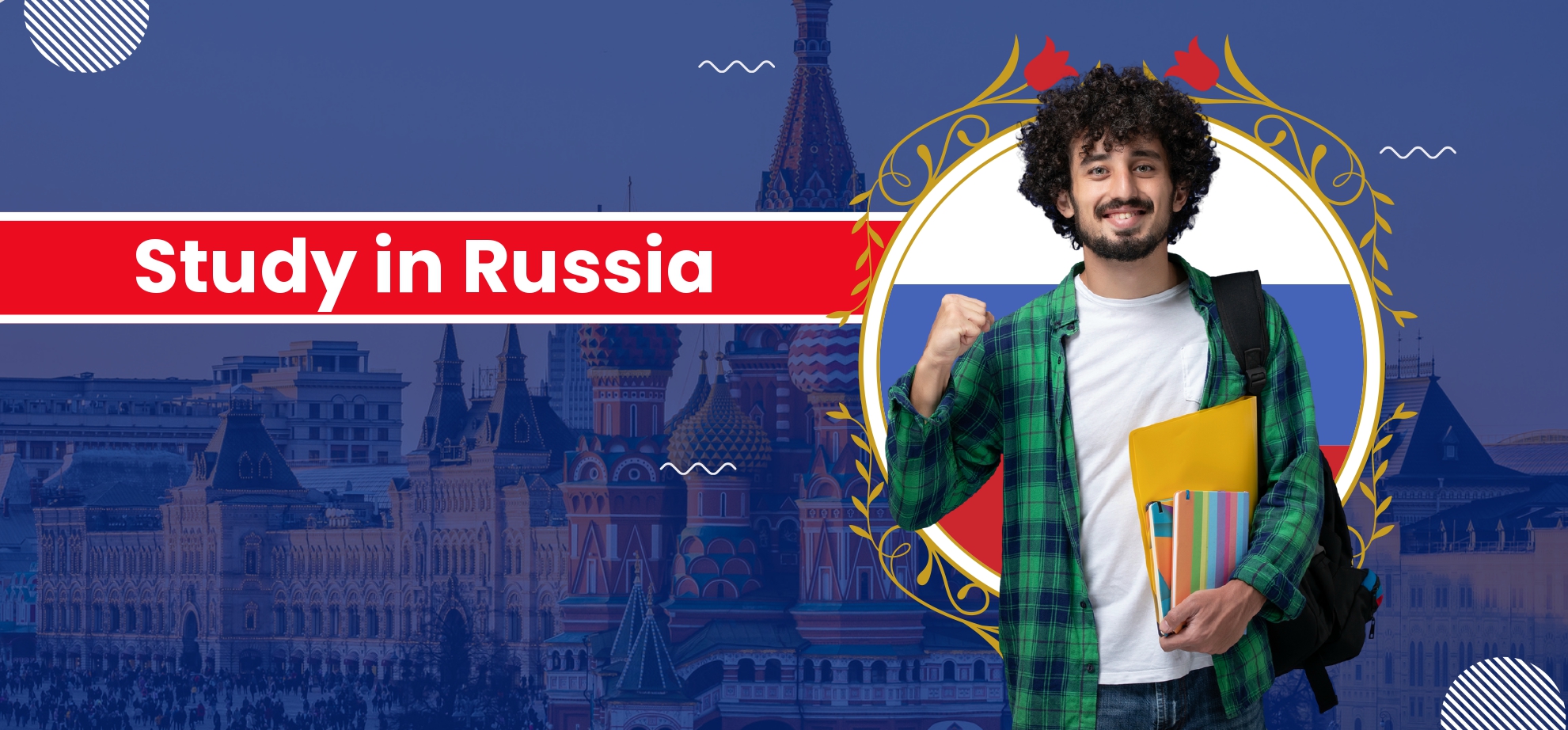Study In Russia
Study In Russia
Studying medicine is a significant undertaking, and considering options abroad can be both exciting and daunting. Russia has emerged as a prominent destination for international students seeking quality medical education at an affordable cost. In this comprehensive guide, we'll explore the journey of pursuing an MBBS degree in Russia, covering everything from admission requirements to the academic structure and beyond.
Why Russia for MBBS?
Russia has a rich tradition of medical education dating back centuries. Its universities are globally recognized for their high standards of education, modern infrastructure, and experienced faculty. Here are some key reasons why international students choose Russia for MBBS:
Affordability: Compared to many Western countries, the cost of studying medicine in Russia is relatively lower. Tuition fees and living expenses are often more manageable, making it an attractive option for students from diverse socio-economic backgrounds.
Quality Education: Russian medical universities maintain high academic standards and are equipped with state-of-the-art facilities for practical training. Many institutions follow the guidelines of renowned medical organizations like the World Health Organization (WHO) and the Medical Council of India (MCI).
Global Recognition: A degree from a recognized Russian medical university holds international recognition. Graduates are eligible to practice medicine in various countries, provided they fulfill the respective licensing requirements.
Get a Free Demo
Multicultural Environment: Russian universities welcome students from all over the world, fostering a multicultural and enriching learning environment. This exposure helps students develop global perspectives and cross-cultural communication skills.
Admission Requirements
Admission requirements for MBBS programs in Russia may vary slightly from one university to another. However, certain criteria are commonly applicable:
Educational Qualifications: Applicants must have completed their secondary education or equivalent, typically with a strong background in science subjects such as Physics, Chemistry, and Biology.
Language Proficiency: Most universities require proficiency in the Russian language since the medium of instruction is predominantly Russian. Some institutions offer preparatory courses for international students to improve their language skills.
Entrance Examinations: While some universities conduct their own entrance exams, others may accept standardized tests such as the Scholastic Aptitude Test (SAT) or the Medical College Admission Test (MCAT).
Documentation: Applicants need to submit various documents including academic transcripts, a valid passport, medical certificates, and proof of financial means to cover tuition fees and living expenses.
Academic Structure
The MBBS program in Russia typically spans six years, divided into pre-clinical and clinical phases:
Pre-clinical Phase (Years 1-3):
The first three years focus on building a strong foundation in basic medical sciences such as Anatomy, Physiology, Biochemistry, Pharmacology, and Pathology.
Students also receive training in medical ethics, communication skills, and patient interaction during this phase. Practical sessions in laboratories complement theoretical learning, allowing students to develop essential clinical skills.
Clinical Phase (Years 4-6):
The final three years involve clinical rotations where students gain hands-on experience in various medical specialties including Internal Medicine, Surgery, Pediatrics, Obstetrics and Gynecology, Psychiatry, and more. Rotations take place in affiliated hospitals and clinics, providing exposure to real-life medical scenarios under the supervision of experienced professionals.
Students may also have opportunities for elective rotations, research projects, and internships.
Facilities and Infrastructure
Russian medical universities are known for their modern facilities and advanced infrastructure, including well-equipped laboratories, libraries, simulation centers, and teaching hospitals. These resources support both theoretical learning and practical training, ensuring that students receive a comprehensive medical education.
Challenges and Considerations
While pursuing an MBBS degree in Russia offers numerous advantages, international students may encounter certain challenges:
Language Barrier: Proficiency in the Russian language is essential for effective communication with patients, colleagues, and faculty members. International students may need to dedicate time and effort to improve their language skills.
Adaptation to Cultural Differences: Adjusting to a new cultural environment can be challenging initially. However, universities often provide support services and cultural integration programs to help students feel at home.
Licensing and Certification: Graduates intending to practice medicine in their home countries or elsewhere may need to undergo additional licensing examinations or certification processes. It's essential to research and understand the requirements of the desired destination.
Living Expenses: While tuition fees in Russia are relatively affordable, students should budget for living expenses including accommodation, food, transportation, and healthcare.
Studying MBBS in Russia offers a unique opportunity for international students to receive quality medical education in a multicultural environment. With its affordable tuition fees, high academic standards, and global recognition, Russia has become a popular destination for aspiring medical professionals worldwide. By understanding the admission requirements, academic structure, facilities, and potential challenges, students can make informed decisions and embark on a rewarding journey towards fulfilling their medical aspirations in Russia.
